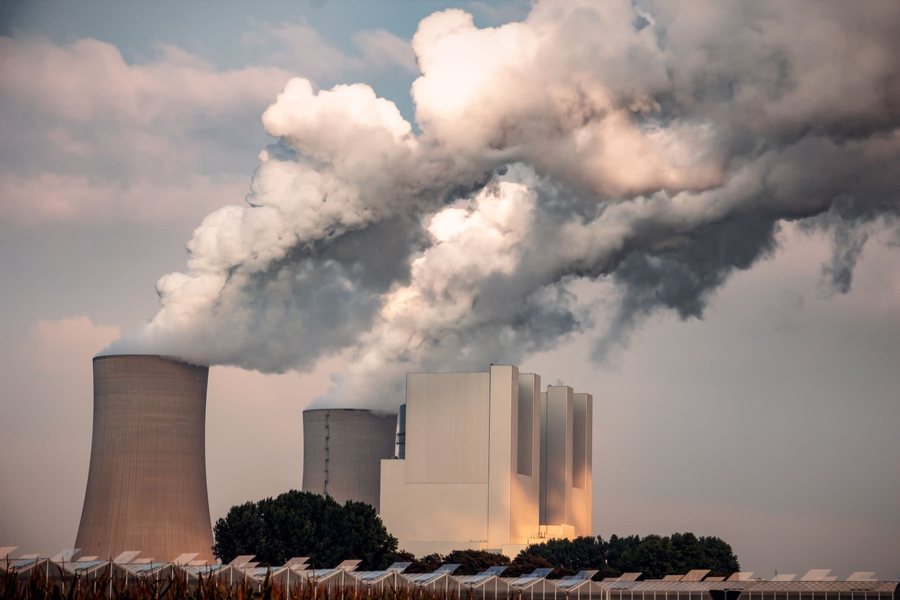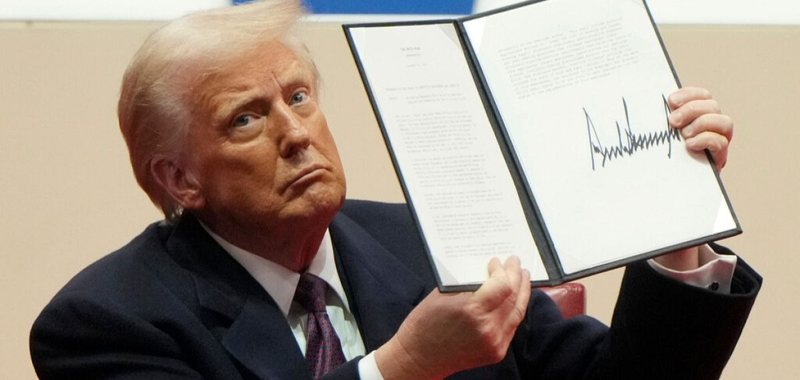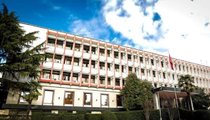In search of nuclear independence - EU, 240 billion euros to disconnect from Russian energy

Having begun to reduce its dependence on Russian hydrocarbons, the European Union is considering cutting all energy ties with its neighbor, including nuclear power. However, this is an extremely difficult, if not impossible, undertaking, and not least because Russia accounts for 55% of global uranium enrichment. This comes at a time when there has been renewed interest in nuclear energy as a form of clean energy.
According to Commission officials who spoke to the Financial Times on condition of anonymity, the EU's ideal goal would be to ensure that the European nuclear energy sector imports nothing from Russia by 2030.
However, for the EU to be able to secure its own domestic nuclear energy supply chain, investments of €241 billion will be needed. The target is extremely difficult, as the bloc depends on Russia for 20-25% of the uranium it uses. As for the reactors located in European countries, they reach a total of 101, of which 19 are of the Soviet model. EU reactors often need spare parts from Russia, because Russian know-how in this sector is necessary for their maintenance and renewal.
The move to nuclear power has been seen since the start of the war in Ukraine as a means of achieving energy independence from Moscow. In April 2023, G7 countries agreed to develop their own nuclear facilities in order to become independent of Russian fossil fuels.
Canada has already completely stopped importing Russian uranium, while the UK has imposed a 35% tariff on imports of enriched uranium. Last month, the United States passed legislation to end its dependence on Russian uranium by 2028. But industry analysts say Russia's dominance in the sector poses a major challenge to those ambitions.
The issue has already caused divisions within the EU, with Hungary and Slovakia saying that banning Russian nuclear power would significantly increase prices and threaten the energy security of both countries.
Meanwhile, the European Union has been trying to find alternative uranium suppliers since 2022, led by Kazakhstan, Canada and Niger. But political instability in Niger, the world's seventh-largest uranium producer, has raised concerns among EU officials about the security of imports from the country and competition from other countries.

Support for small and medium-sized businesses - 4 million lek for young entrepreneurs in Durrës
The State Aid Commission has authorized state aid "grants for young people in support of the development of local economic initiatives", based on grant......

In Europe, "bread" grows, in Albania, entertainment/"fun" costs us about 5 times more than Europeans
If we analyze the price increase by countries in the region, the figures show that Albania is positioned relatively well compared to some of its neighbors in......

We consume less than half of Europeans/ Individual consumption index, we rank at the bottom of Europe and the region
The latest data from the European Statistical Agency, for the year 2024, show that an average Albanian consumes 41% of a European citizen. This figure has......

Building permits and properties are "supplied" by municipalities - 185 million euros from infrastructure, 77.4% belongs to the Municipality of Tirana
The local government has performed positively in collecting its own local revenues during 2024 compared to both national gross domestic product indicators......

Exchange rate/general increase of major currencies!
The US dollar started the day positively, gaining points from yesterday as it was bought today at 84.8 lek and sold at 86 lek according to the local exchange......

Trump, ready for war - Approves attacks on Iran, but hesitates to give final order
United States President Donald Trump has reportedly approved plans to attack Iran but is not giving the final order on whether to strike or not, to give Iran......

Albania above Europe, but below the region/ Inflation reaches 2.3% in May, with greater impact from the entertainment sector
The Harmonized Index of Consumer Prices, which measures price increases according to the methodology of the 'European Statistical Agency', in May 2025 was......

Less bureaucracy for defense! - EU plans measures to speed up projects and boost production
The European Commission unveiled a series of measures it hopes will cut red tape for the defense sector and boost production. The so-called Simplification......


















